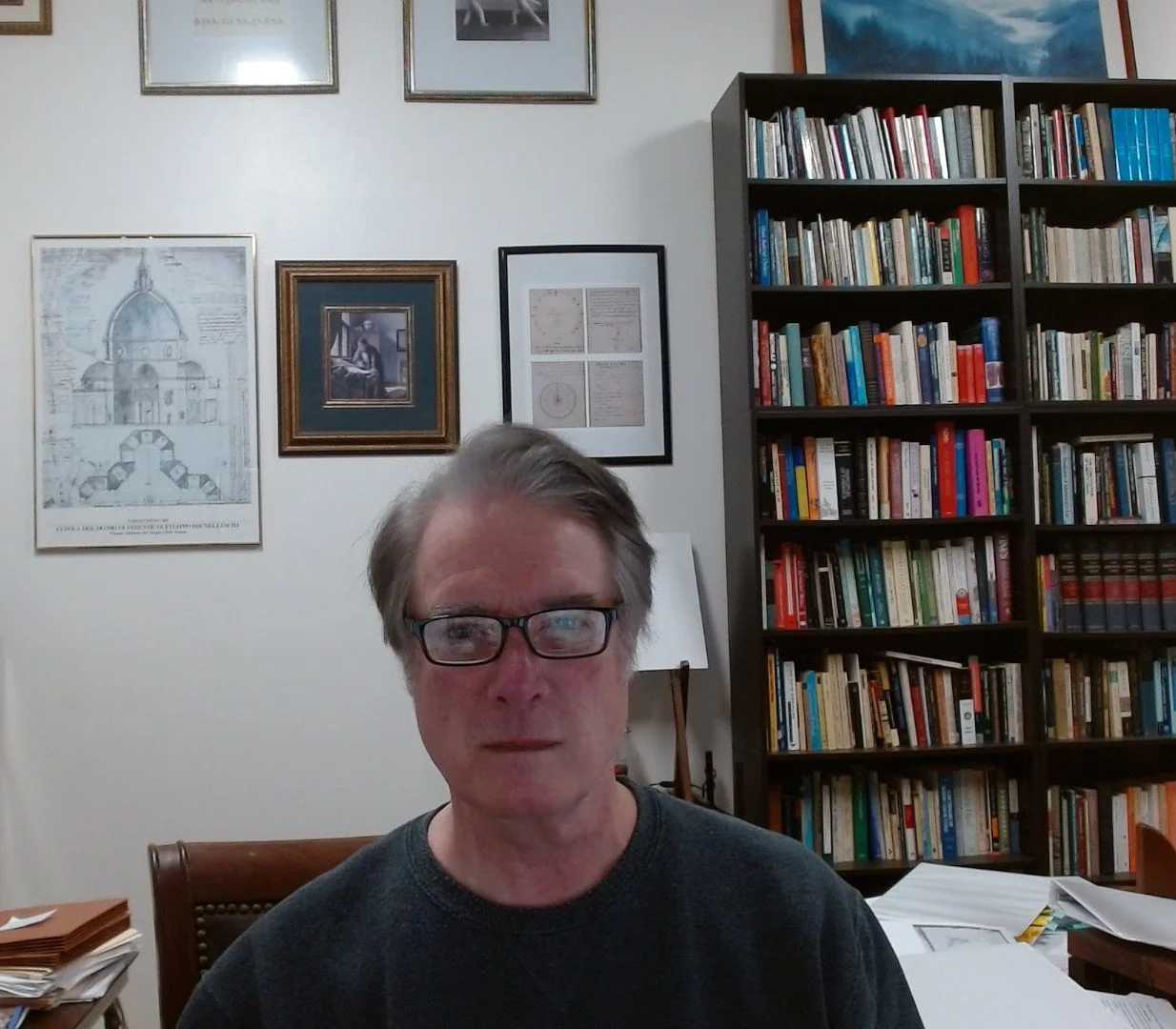Ronald Maines has spent most of his professional life in Washington, DC. His work over this period has focused on complex corporate transactions involving regulated industries. In these areas he provides corporate advisory, strategic, corporate finance, and transactional counsel; regulatory, policy, and legislative analysis; and specialized business analytics and risk modeling. His primary areas of industry expertise are New and Traditional Media, Information & Communications Technologies, and Telecommunications.
Ronald’s business experience has been as a founder, principal or executive in several notable media and technology companies. His technology and science expertise relate to formal ontologies, quantitative analysis and risk analytics. He has been rated preeminent/AV by Martindale-Hubbell for many years.
Ronald has been a Visiting Scholar at Cambridge University's Centre for Public Law, an Associate in Oxford's Programme in Comparative Media Law, and has taught Constitutional Theory at Georgetown University.
Among other entrepreneurial activities, he is a co-creator of the History Channel and a co-founder of GHZ Equipment Company, a leading firm in millimeter wave technology, 5G, and related spaces. He is also a co-founder of Digital Reserves, a portfolio of business technologies and other intellectual property. Ronald is the creator of Pragmatica – a proprietary ontology of commerce that models in a formally rigorous way how firms structure transitions and realize projected states of affairs. A recent solution on the Pragmatica platform is Navis Documentum, an ecosystem contracts product that includes built-in computability, Bayesian projection, and evidence-generating workflows.
